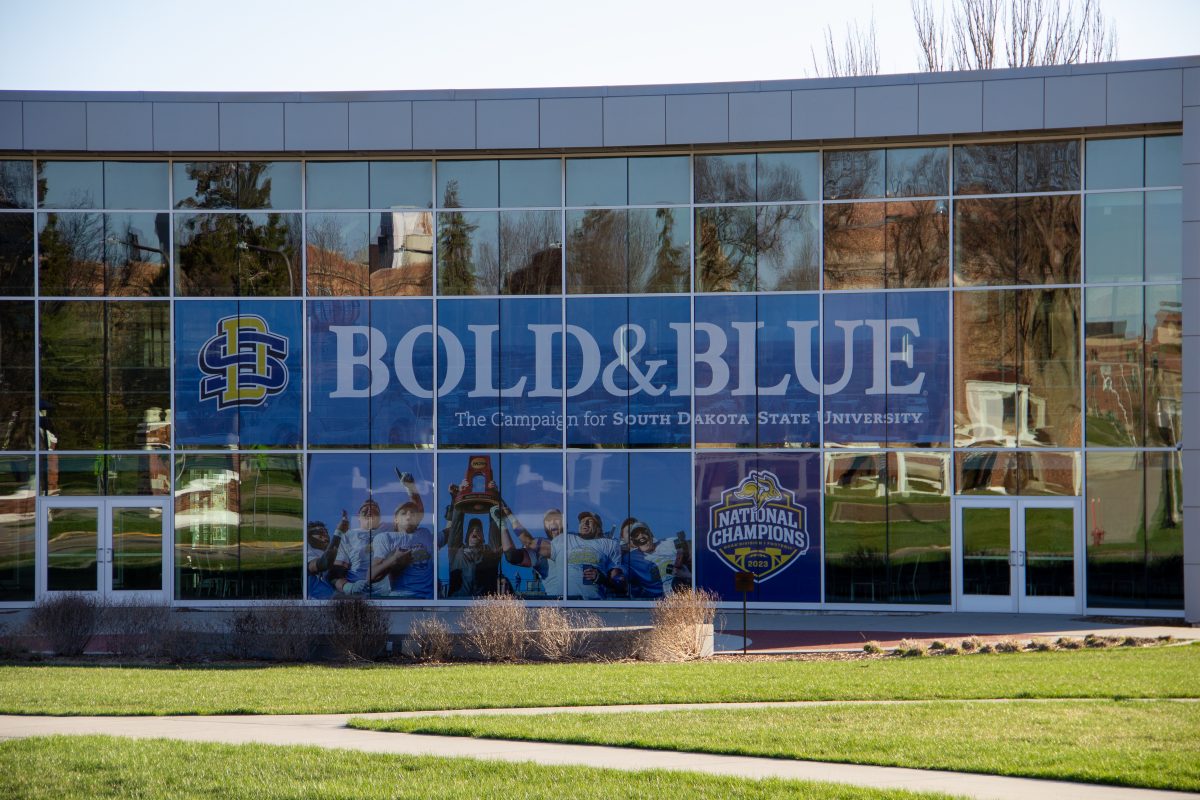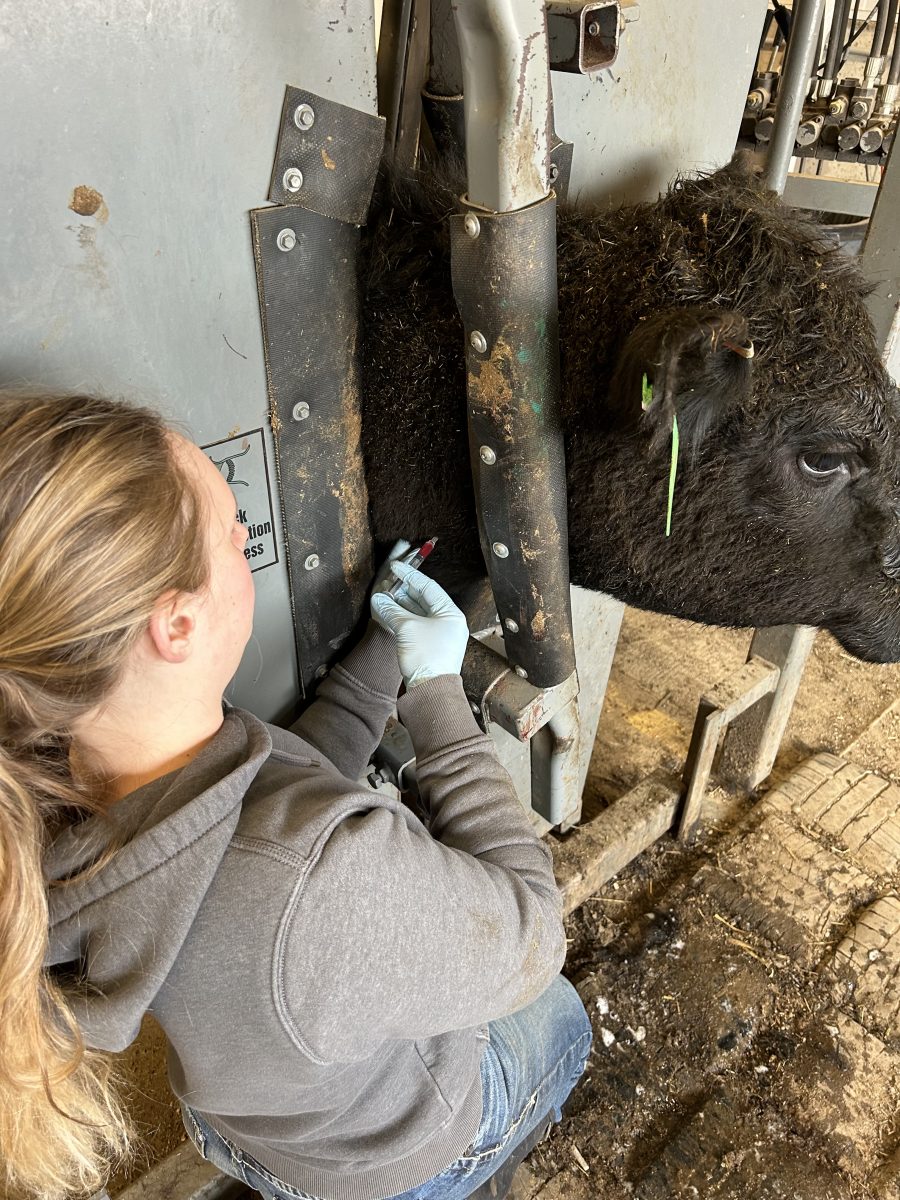The Opening Doors Initiative, partnering South Dakota State and Lake Area Technical Institute in Watertown, is meant to ease the process of continuing college after technical school.
SDSU President Barry Dunn said, since SDSU requires general education teachers to have a master’s degree or higher, classes taught by teachers without that degree at other schools cannot be accepted. At LATI, instructors aren’t required to have a certain degree as long as they can teach the application of the skills.
Because of this, when students transfer from one school to another, credits earned are often lost along the way.
“The way it works now is a student could go to Lake Area for two years, come down here and still take four years to get a degree,” Dunn said. “We want them to get a degree as fast as they can and at an appropriate expense, so we don’t want them to take five years.”
Dunn hopes Opening Doors, which was officially started Aug. 4, will help students keep the credits they already paid and studied for by LATI employing more instructors who meet SDSU’s requirements as well.
“It’s all about helping students protect the investment made in education,” said LATI President Mike Cartney.
Forty-five percent of LATI’s students are low-income students, and many attend school after gaining experience in the workforce, or continue working while going to school.
Cartney said he wants to merge academics and occupation to allow students to do both, and to help students become aware what’s available to them through higher education.
Leah Polejewski, who transferred to SDSU this fall with two degrees from LATI, said the majority of her animal science major credits transferred with her. She said she found advantages to starting at a technical school first.
“One, you can save money. The other thing is, if you don’t think you’re ready for a four year, like I didn’t think I was, going to a tech school first and then transferring to a four-year is actually a little bit easier,” Polejewski said.
Cartney said the most important goal is increasing how many people have four-year degrees because job opportunities for people with a high school diploma are shrinking.
“It’s all about helping students protect the investment made in education.”
-BARRY DUNN, South Dakota State President
According to the National Center for Higher Education Management Systems, only 27 percent of ninth grade students who plan to go to college obtain a four-year degree.
Thirty-four percent of U.S. jobs can be held by an employee with a high school diploma or less, Cartney said, while 36 percent of U.S. jobs require a bachelor’s degree or more.
The Opening Doors Initiative goes both ways, Cartney said. SDSU students who go to their adviser feeling like college isn’t for them are often encouraged to look into the possibilities of a technical degree at LATI.
“It’s not about us, it’s about students,” Dunn said. “And I think that’s unique.”
This is just the beginning of the collaboration between the schools, Dunn said. He hopes to be able to expand the number of classes that transfer between the schools and to continue opening the doors for students who want to continue their education.


























